Officials in Australia are debating whether a total ban on all food products being bought into the country from Indonesia would have a positive impact on Foot and Mouth Disease control efforts. Concerns are growing that the risk of the disease reaching Australian shores is increasing.
Several tourists returning home to Australia from Bali have been handed hefty fines already for attempting to bring back fast food containing meat. Travelers are already banned from bringing meat products into Australia from Indonesia, and other food types must be declared.
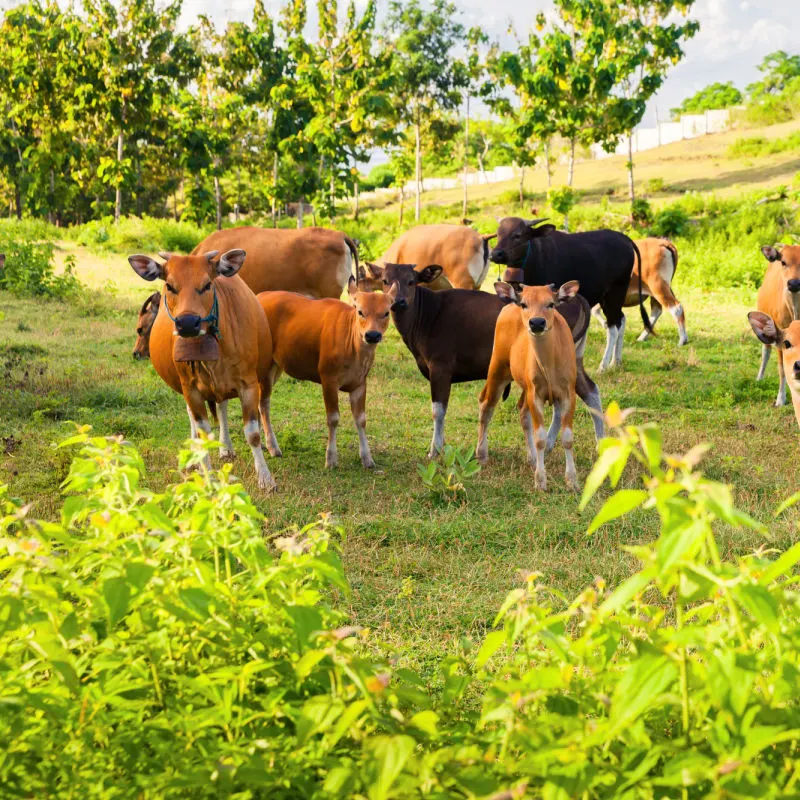
The proposed ban would prevent travelers from bringing any kind of food home from Bali and officials are now debating whether a total ban on agricultural imports from Indonesia is the next most sensible step.
From a traveler’s perspective, a total ban on all food entering Australia from Indonesia would mean that any attempts to bring any food substances into the country would result in a fine. The secretary of the Agricultural Department, Andrew Metcalfe, told an inquiry committee that the situation was still evolving.
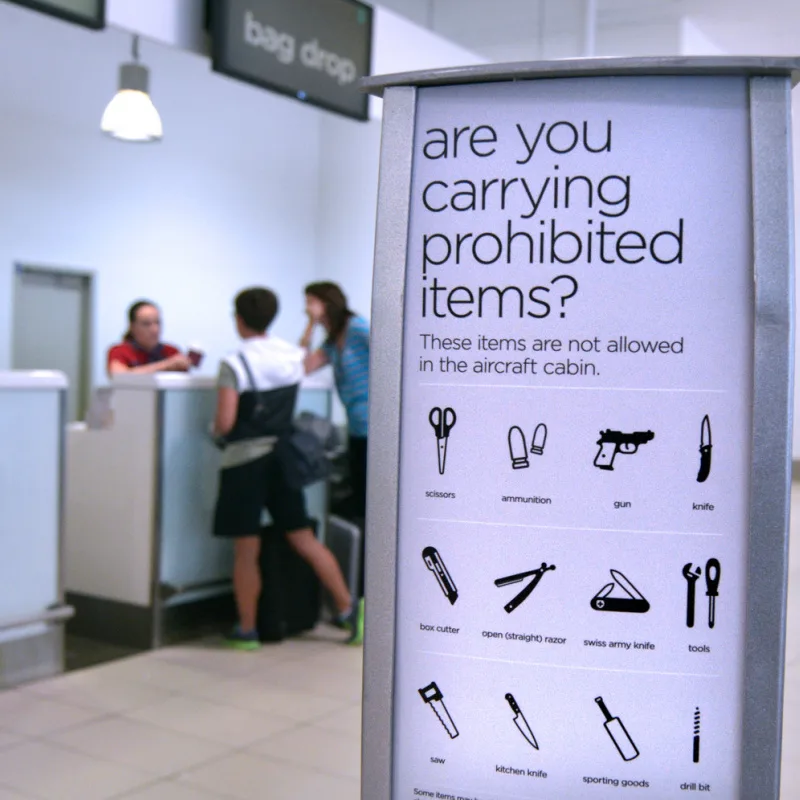
He said ‘There have been significant actions taken in relation to food being imported from Indonesia since the outbreak occurred, and many more categories of food unable to be imported…We are constantly reviewing the risk factors associated with any food imports and making changes accordingly’.
The latest conversation around a ban on food entering Australia from Indonesia is serious. Viral fragments of the disease have already been detected in pork products at a retailer in Melbourne. Though the viral fragments were not live, the concern is that if food products, especially meat, continue to be allowed to enter Australia that the risk of a localized viral outbreak increases.
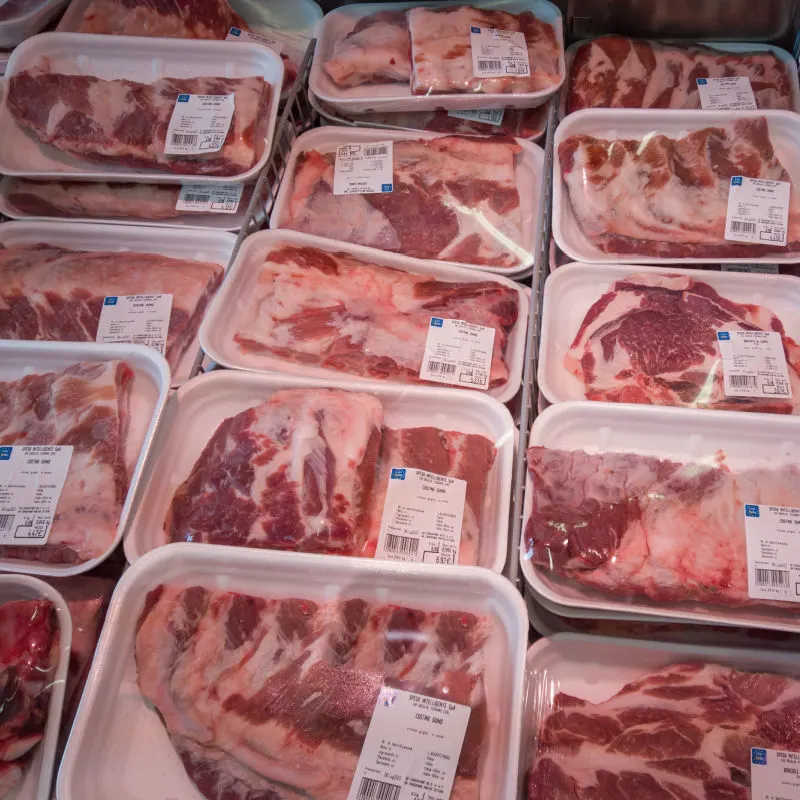
In mid-July, the Australian government launched an AUD 14 million biosecurity package. They also sent AUD 5 million to Indonesia in the form of resources and technical support to help curb the outbreak, some funds have also been sent to Timor Leste and Papua New Guinea after reports of the virus being found in livestock there too.
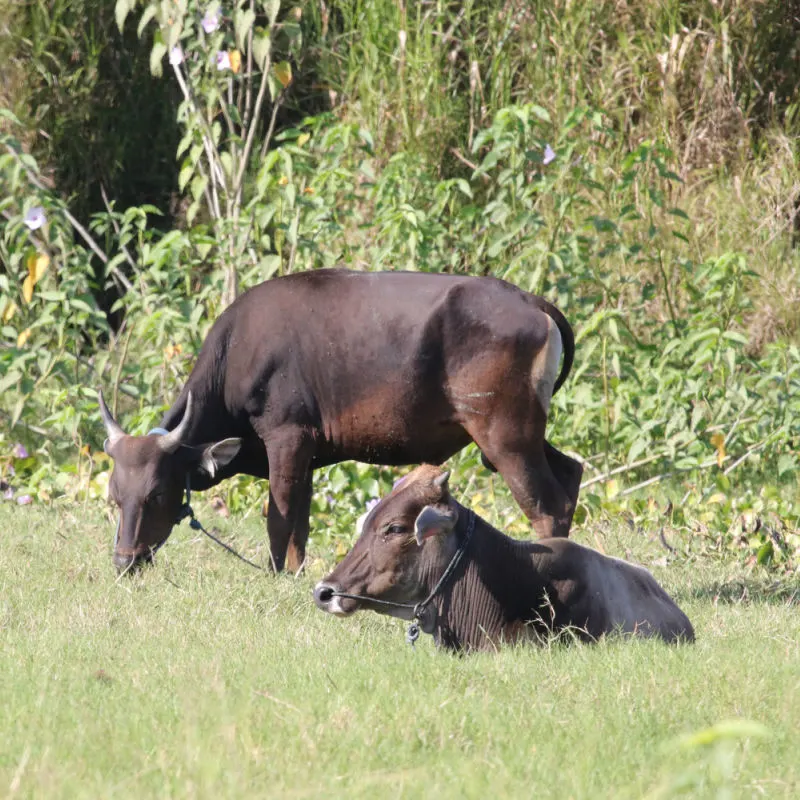
Foot and Mouth Disease is a highly contagious virus that is transmitted through the saliva, breath, and secretions of affected animals. The disease does not affect humans, but rather animals with cloven feet like cows, sheep, pigs, and goats. Humans can carry the virus from one place to another as the virus can survive in the right conditions for up to 6-months without a living host.
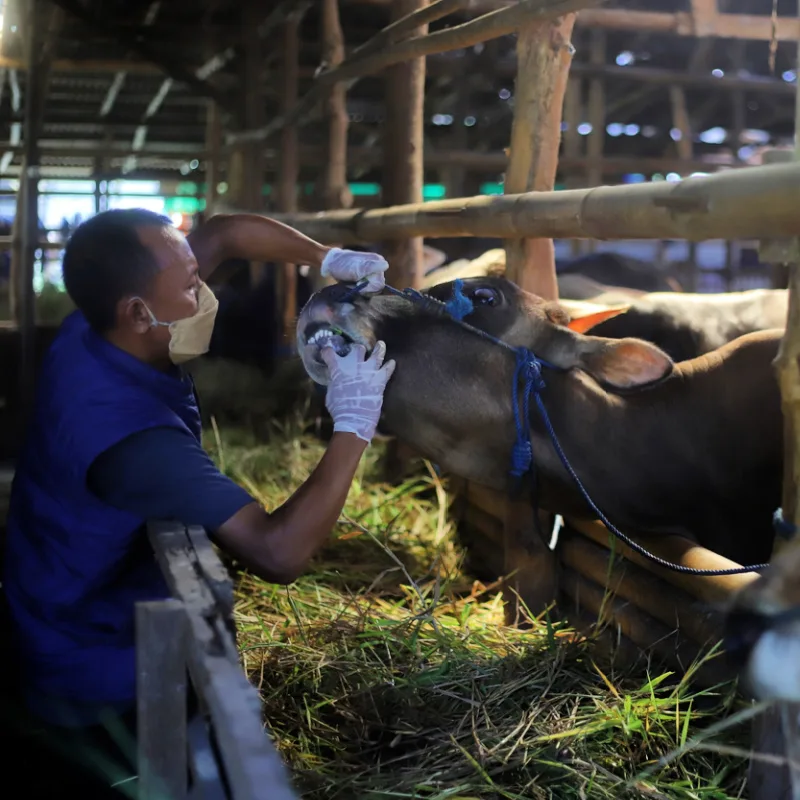
Travelers are at risk of bringing the virus into Australia on their shoes, clothes, and luggage. Meat and food products are a concern for biosecurity teams as the virus can survive on non-living hosts. Mixed agriculture is commonplace throughout Indonesia making more food products at greater risk of hosting the virus, because farmers who farm fruit and vegetables also farm cattle, pigs, and sheep.
Agricultural teams in Bali and across Indonesia are working hard to ensure that the outbreak does not spread further and that farmers have all the resources and knowledge they need to reduce the risk of transmission.
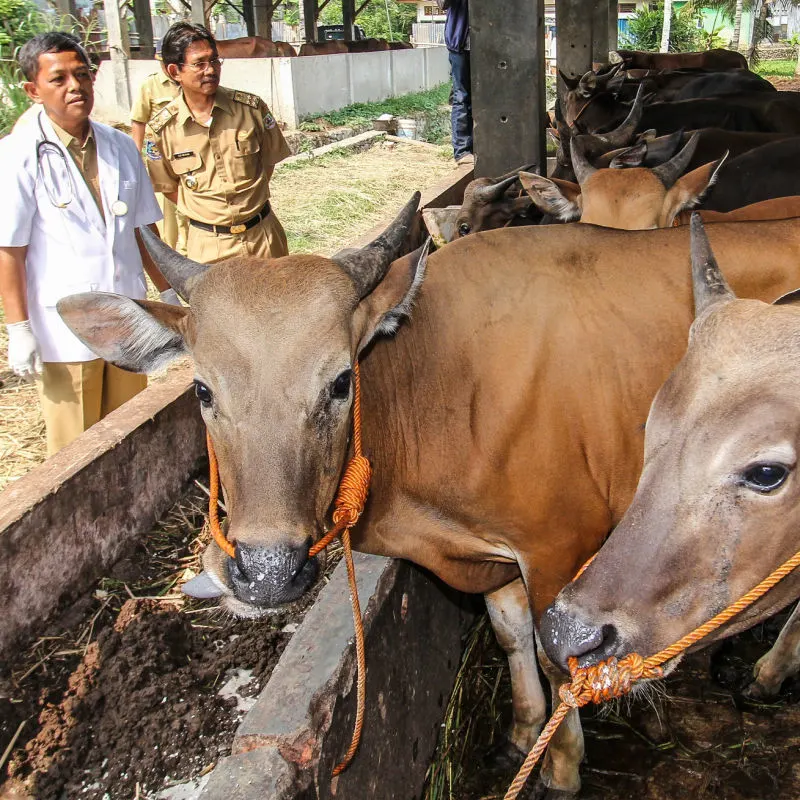
At present tourists in Bali do not need to change their plans to visit rural or agricultural areas. Travelers returning to Australia from Bali and other parts of Indonesia are required to be honest on their customs declaration forms and adhere to all biosecurity measures at Bali Airport and when they land back home.
This includes stepping through disinfection mats, not bringing any fresh food or meat products into the country and any additional sanitation protocols as requested by border officials.

The efforts to prevent the disease from reaching Australia are to protect the country’s beef industry. Questions are now being asked about whether the Austrian government acted quickly enough when they first received news of the outbreak in Indonesia. Andrew Metcalfe also told the hearing committee that there were no discussions with other departments about closing the border when the department first got the news that the outbreak was detected on the 6th of May 2022.
Officials are debating changes to travel rules for Australians returning from Bali and other parts of Indonesia though there are no new changes announced.
Remove All Ads & Unlock All Articles… Sign up for The Bali Sun Premium

Plan Your Bali Holiday:
Book The Best English Speaking Drivers For Airport Transfers & Tours
Choose From Thousands of Bali Hotels, Resorts, and Hostels with Free Cancellation On Most Properties
Book Cheap Flights To Bali
Don’t Forget Travel Insurance That Covers Medical Expenses In Bali
For the latest Bali News & Debate Join our Facebook Community
SUBSCRIBE TO NEW POSTS
Enter your email address to subscribe to The Bali Sun’s latest breaking news, straight to your inbox.
Discover more from The Bali Sun
Subscribe to get the latest posts sent to your email.

John
Friday 12th of August 2022
I wonder if Indonesia could return the favour and have a ban on big mouthef aussies.